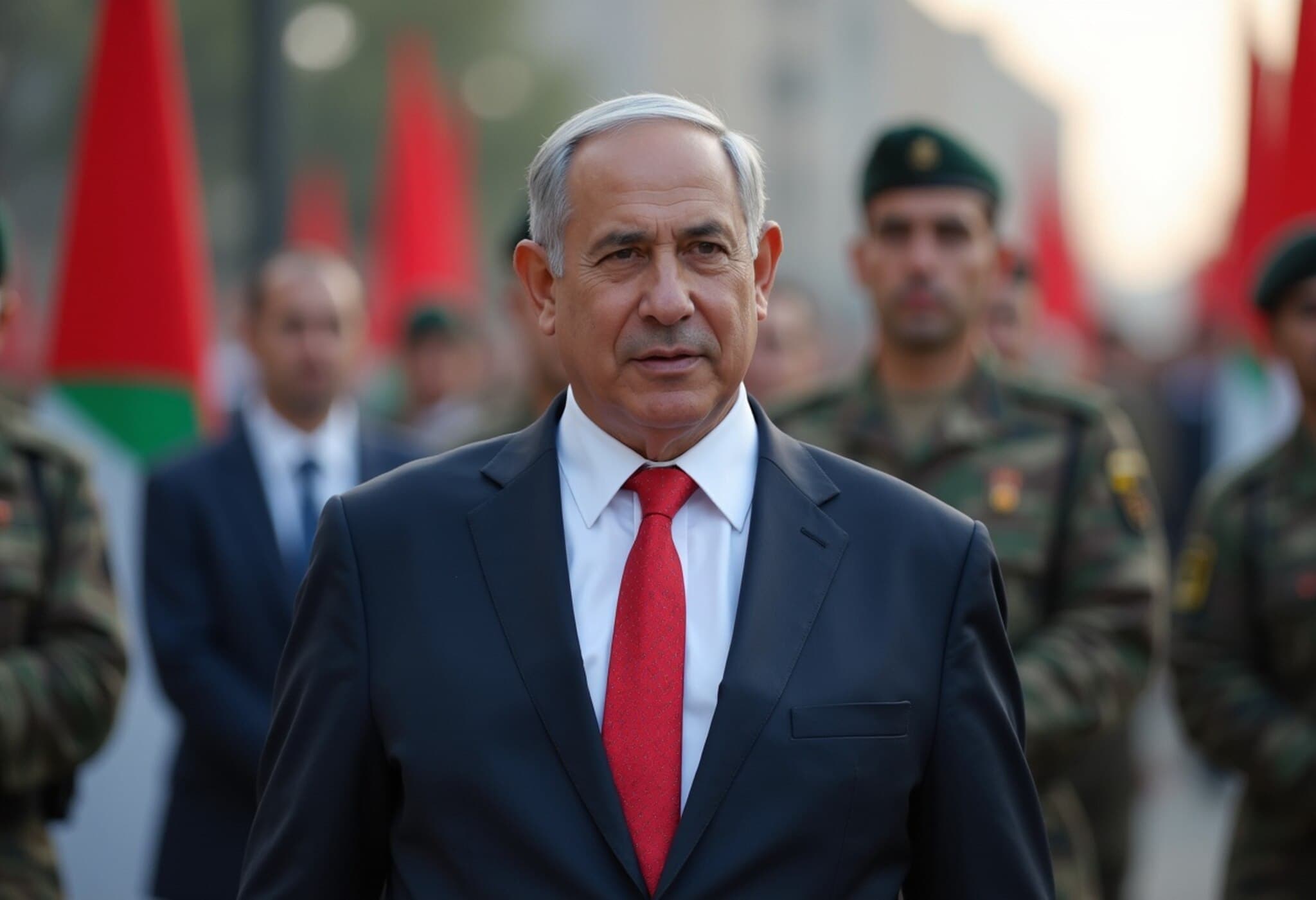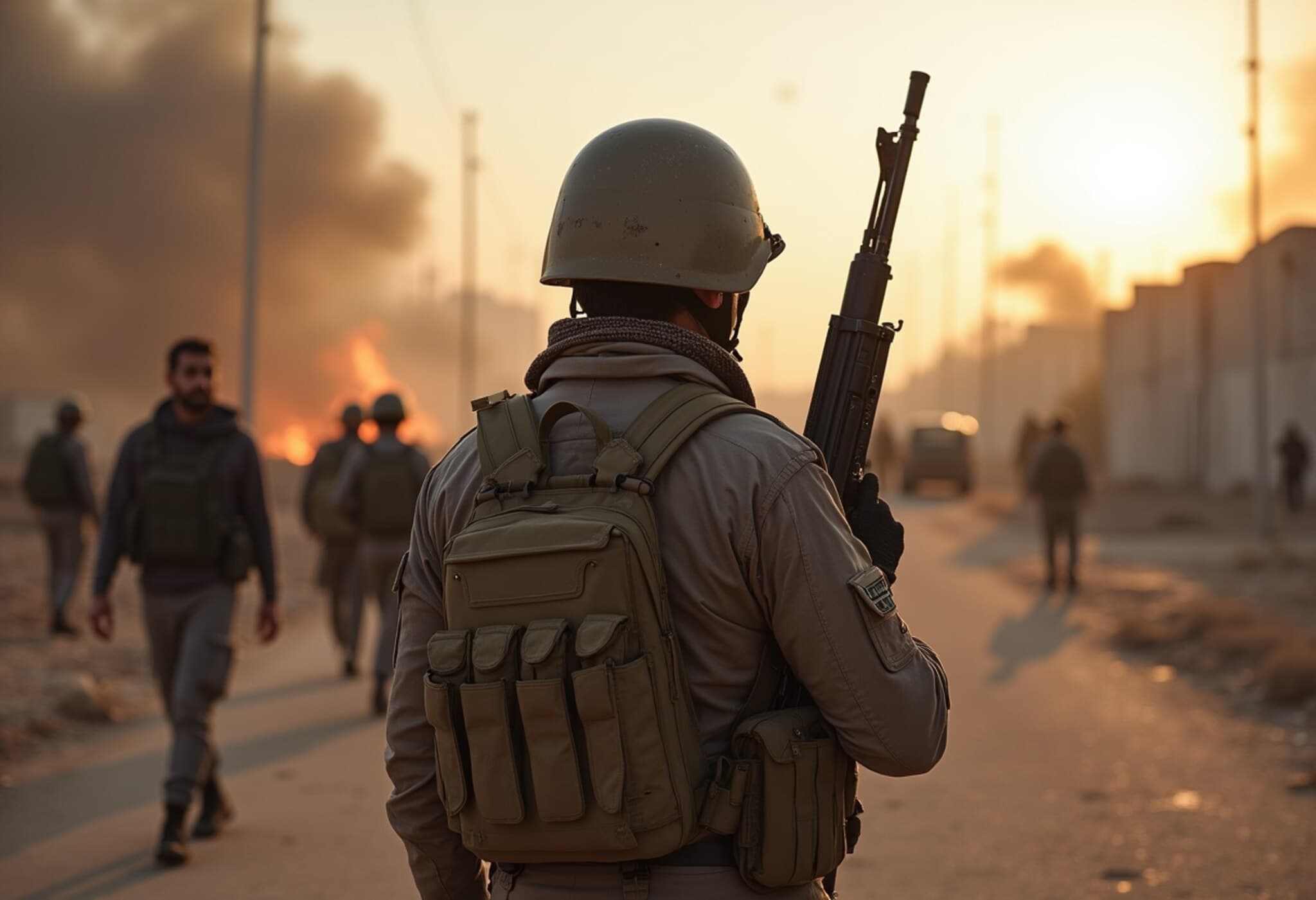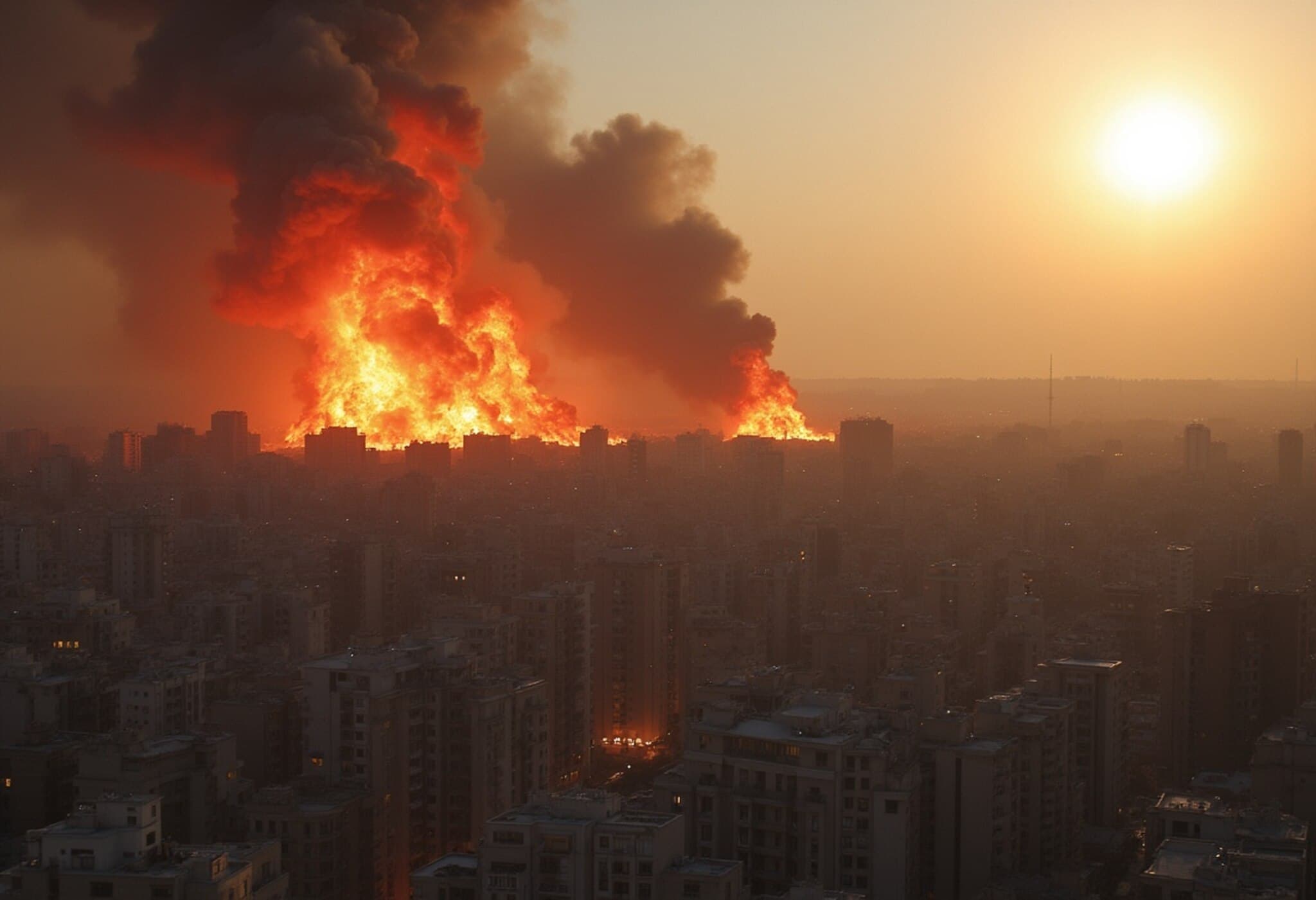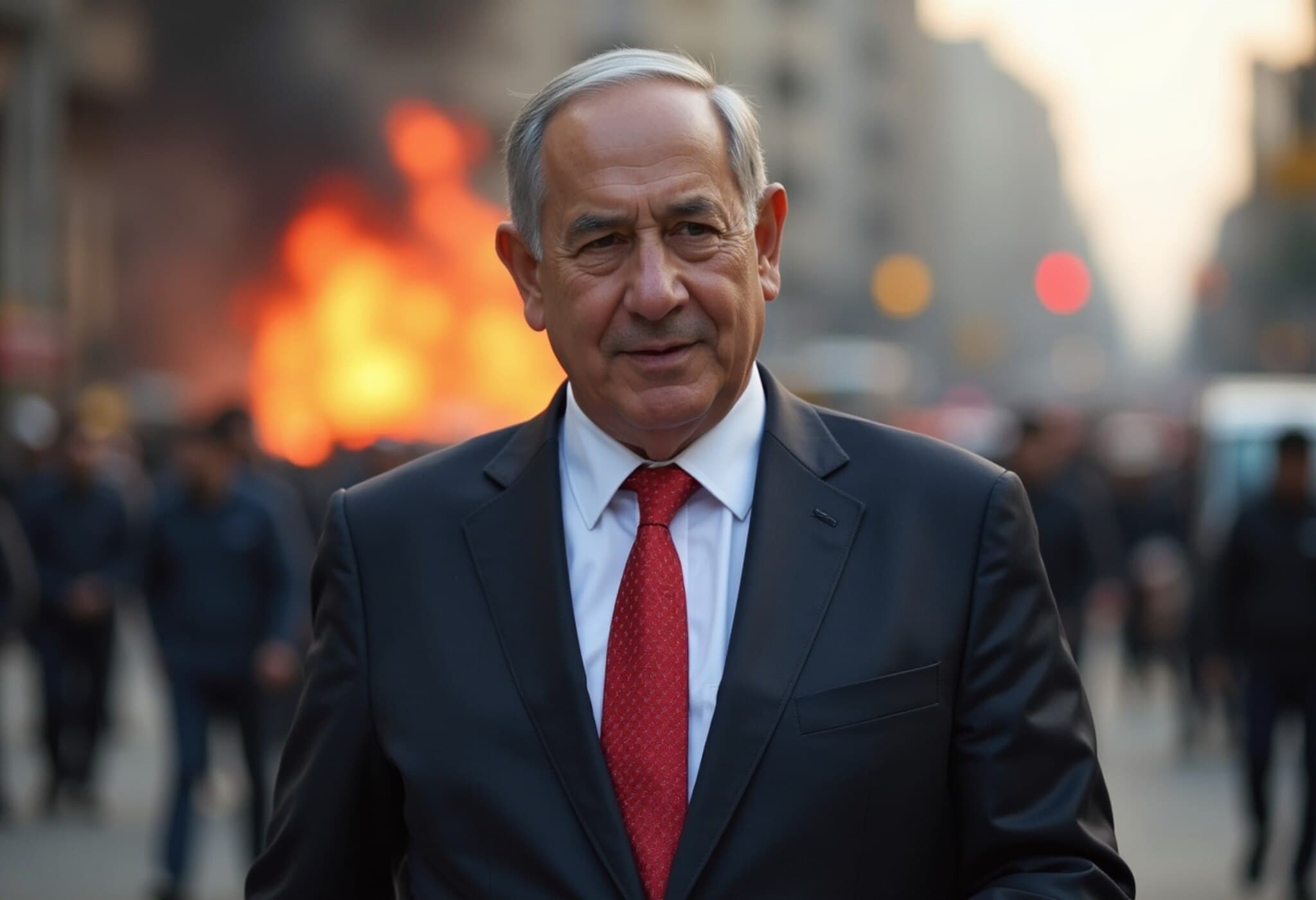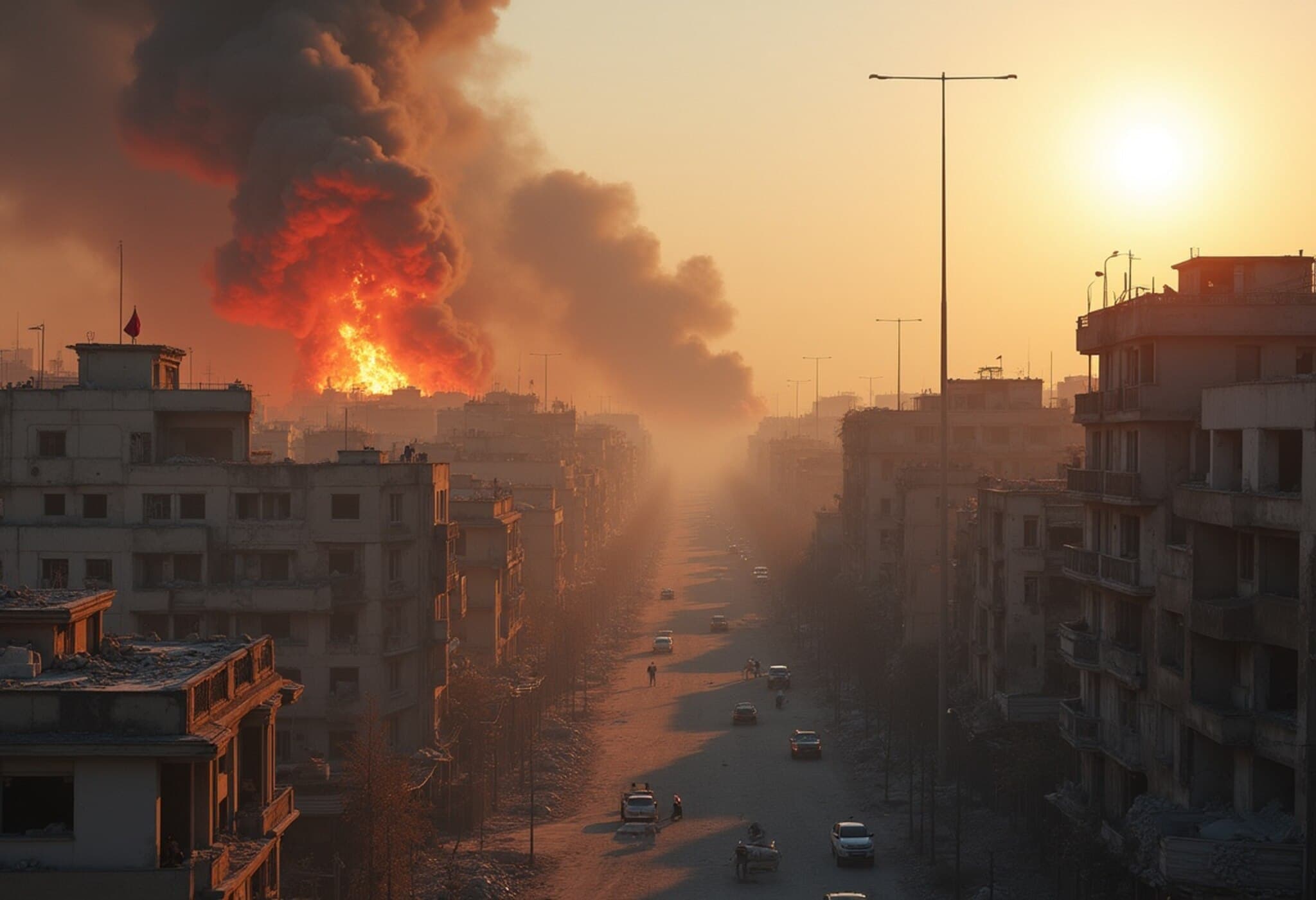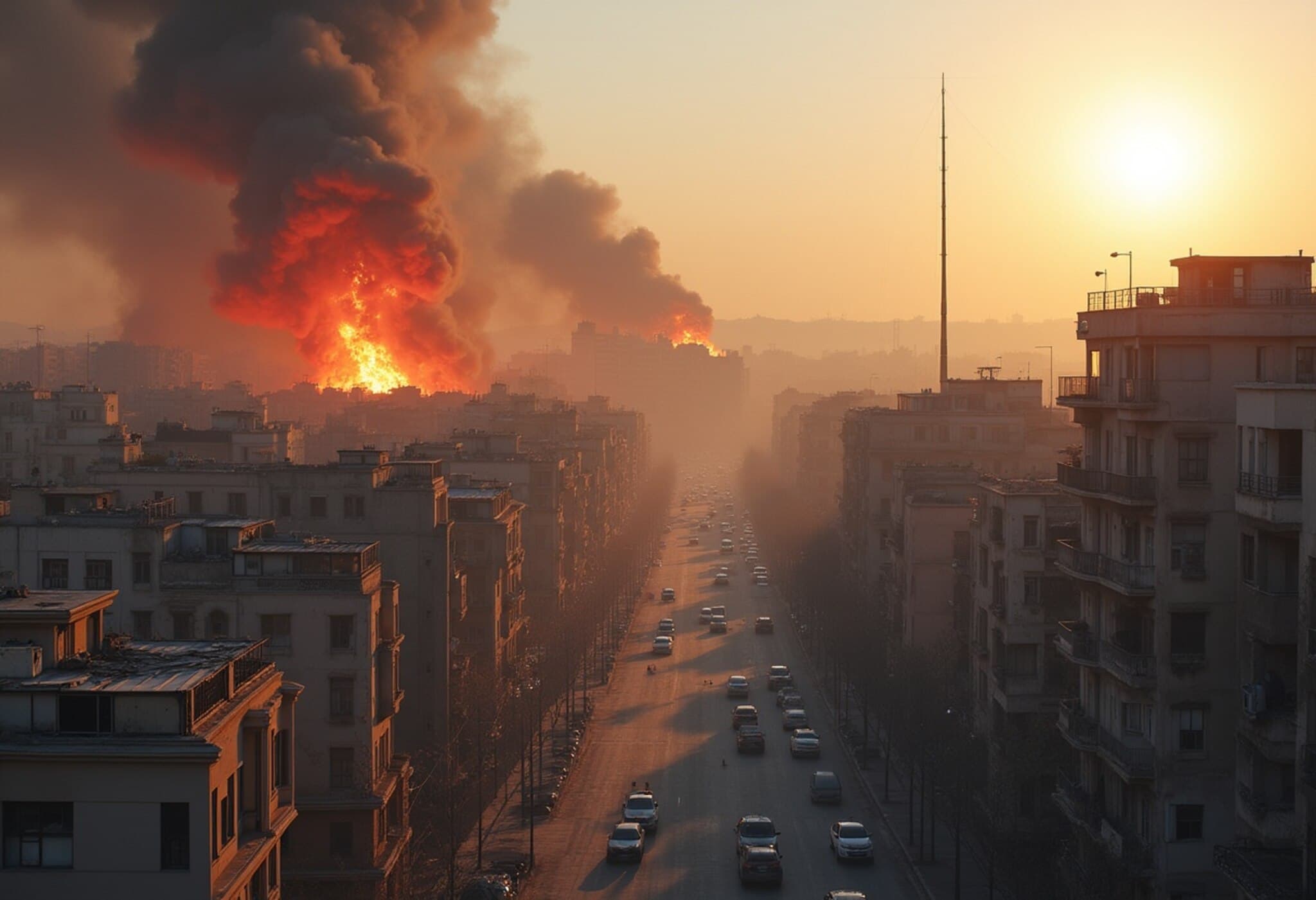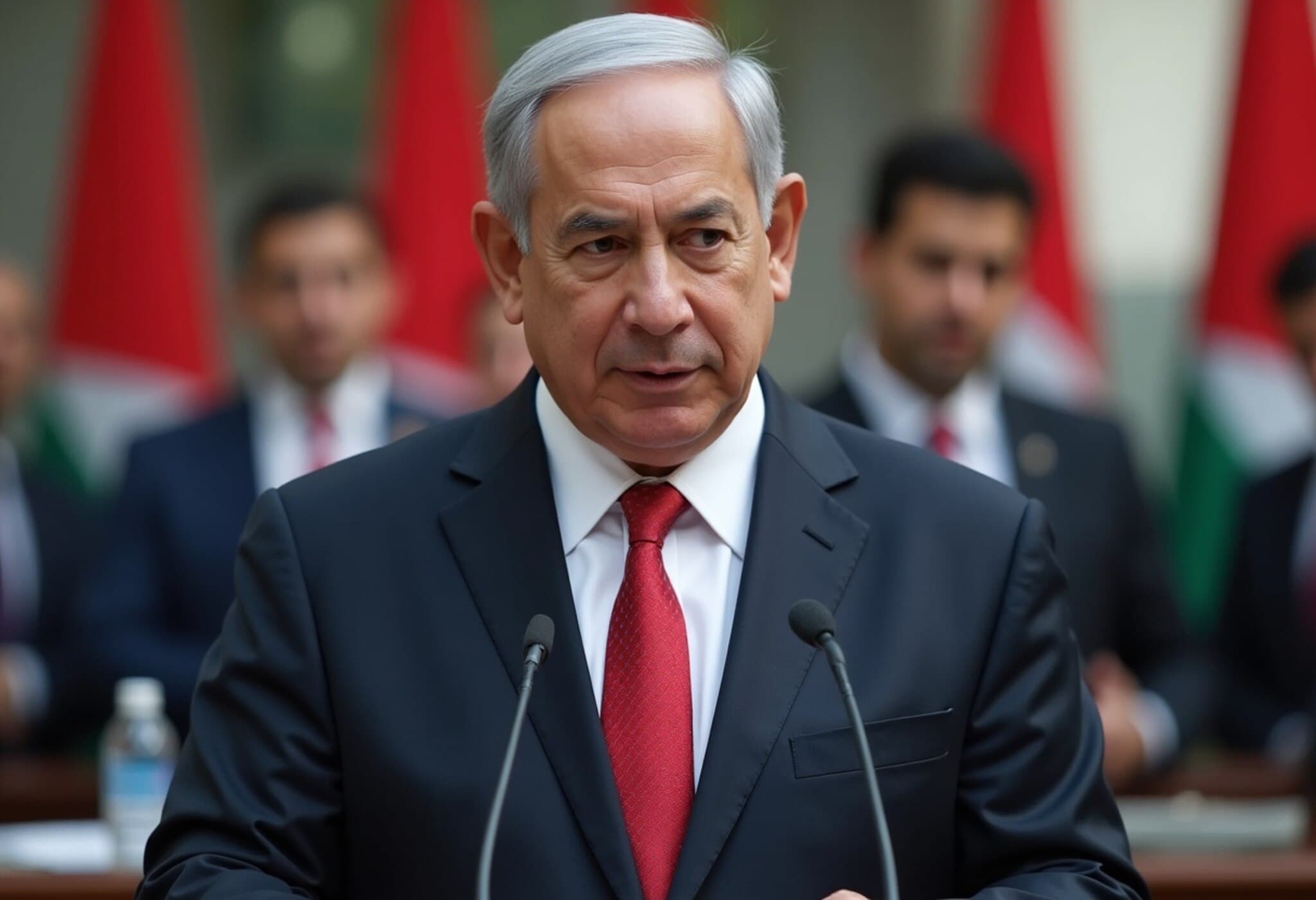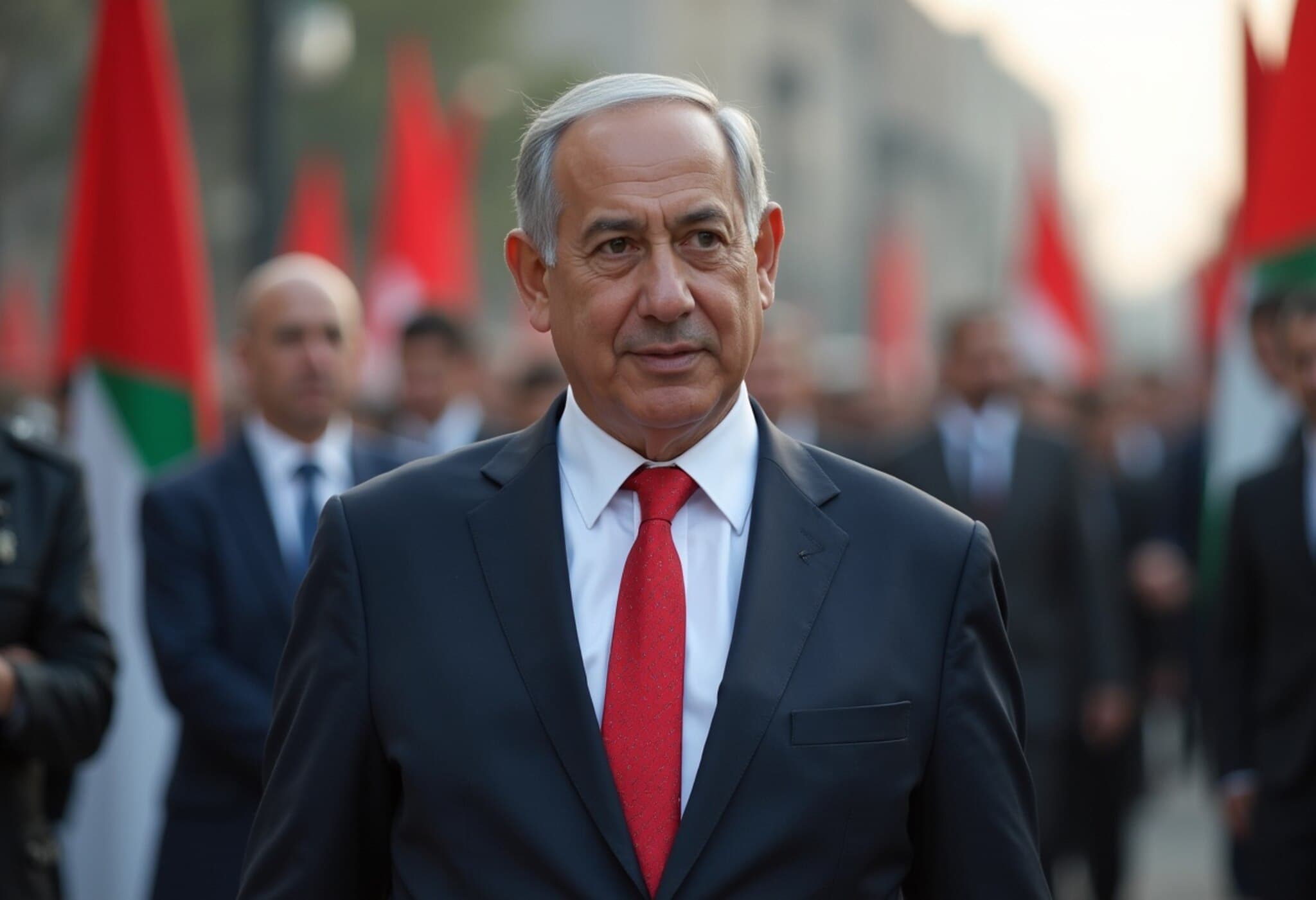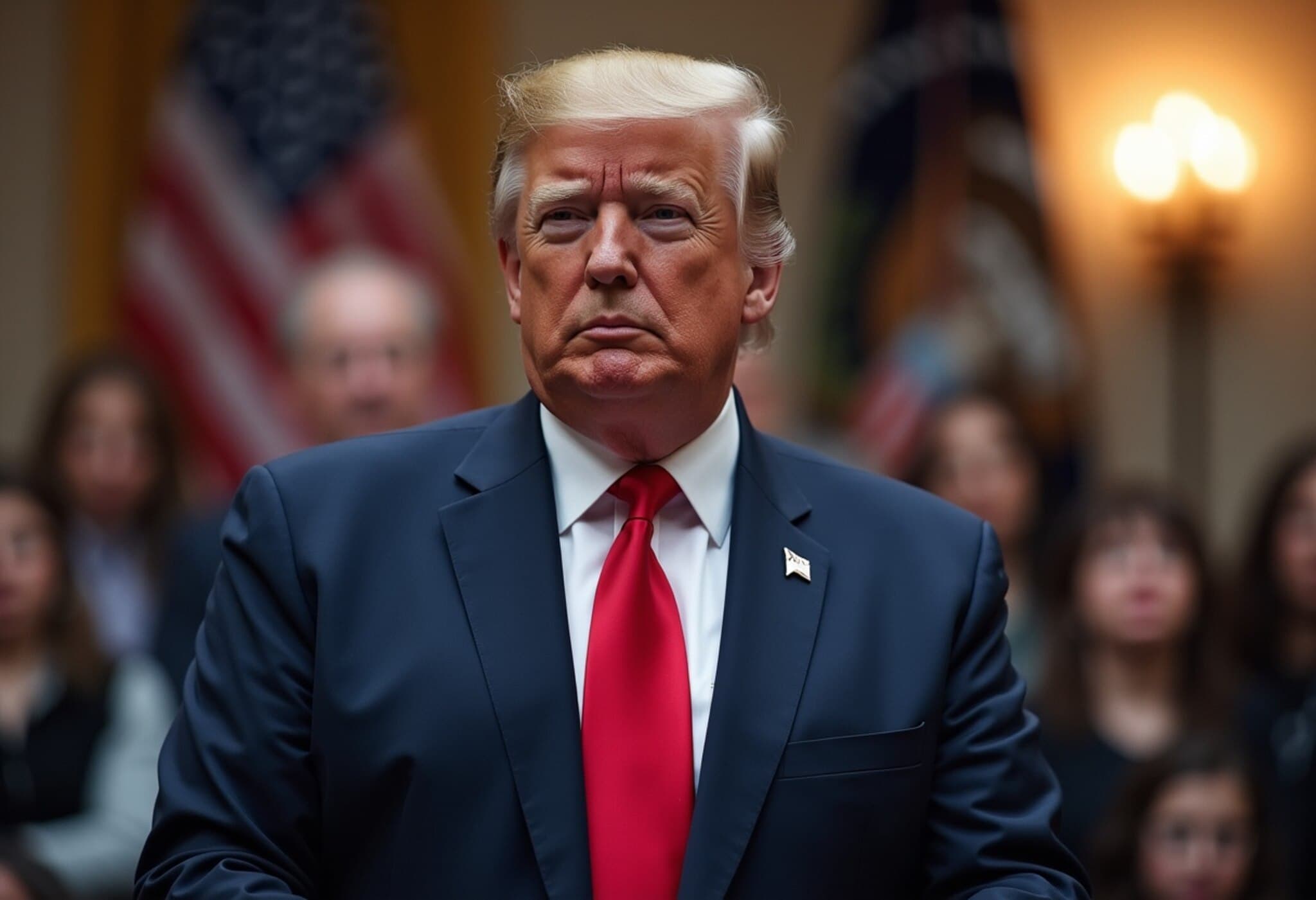Netanyahu Announces Military Takeover of Gaza Amidst Ongoing Conflict
On August 8, 2025, Israeli Prime Minister Benjamin Netanyahu made a significant announcement confirming that Israel's military forces intend to assume full operational control over the Gaza Strip. This move comes in the context of escalating tensions and ongoing conflict in the region.
The Scope and Intent of the Military Control
Despite asserting that the Israeli Defense Forces (IDF) will take comprehensive control of Gaza, Netanyahu clarified that Israel does not plan to maintain a permanent occupation of the territory. Instead, the military's involvement is intended as a tactical and temporary approach, aimed primarily at neutralizing security threats and dismantling militant infrastructures within Gaza.
Experts emphasize that this nuanced position reflects the complex challenges Israel faces in balancing security imperatives with international law and diplomatic pressures. Historically, prolonged control of Gaza has led to significant humanitarian and political complications, both domestically and internationally. Therefore, Israel's reluctance to commit to a long-term occupation signals an awareness of these risks.
Contextualizing the Conflict and the Gaza Strip
The Gaza Strip has long been a focal point of regional instability, with a dense population living under blockade and frequent outbreaks of violence. Israel’s announcement comes amidst a recent surge in hostilities, including rocket attacks and incursions by militant groups.
From a policy perspective, the decision to take over full military control raises several pressing questions:
- What will be the immediate humanitarian consequences? Gaza already contends with a fragile infrastructure, scarce resources, and limited civilian mobility.
- How will the international community respond? There is ongoing global scrutiny over actions in Palestinian territories, with human rights organizations advocating for civilians' protection.
- What are the legal ramifications under international law? Full military control occupies a complex legal gray area, particularly regarding occupation laws and the treatment of civilians.
Implications for Regional Stability
Taking full military control of Gaza could exacerbate tensions not only between Israel and Palestinian groups but also with neighboring countries and international stakeholders. The risks of spiraling violence and broader destabilization remain high, demanding careful diplomatic handling alongside military operations.
Expert Commentary: A Balancing Act for Israel's Leadership
Political analysts suggest that Netanyahu’s announcement is as much a strategic message aimed at domestic audiences and international partners as a military directive. It underscores Israel’s firm stance against threats emanating from Gaza but simultaneously attempts to alleviate fears of a reoccupation, which historically has proven controversial.
Furthermore, economic experts warn that the humanitarian fallout from a military takeover could intensify poverty and unemployment in Gaza, further complicating long-term peace prospects. The challenge lies in ensuring security without undermining the already fragile social fabric of the region.
What’s Next?
As the situation evolves, monitoring developments on the ground and reactions from global actors will be crucial. The unfolding events hold significant implications for Middle Eastern peace efforts, U.S. foreign policy, and international humanitarian law.
Summary
Israeli Prime Minister Benjamin Netanyahu’s declaration about assuming full military control over the Gaza Strip signifies a critical moment in a protracted conflict. While Israel does not intend to hold Gaza indefinitely, its immediate priority is to neutralize security threats. This decision brings forth complex legal, humanitarian, and geopolitical challenges that demand careful navigation to avoid deepening the cycle of violence.
This announcement raises fundamental questions about the future of Gaza and the Israeli-Palestinian conflict. Will temporary military control pave the way for a durable peace, or will it entrench divisions further? Readers are encouraged to consider the human stories behind the headlines and reflect on the broader implications of sustained conflict in the region.

